Cat Doesn't Chew Her Food and Throws Up? What Is Going On?
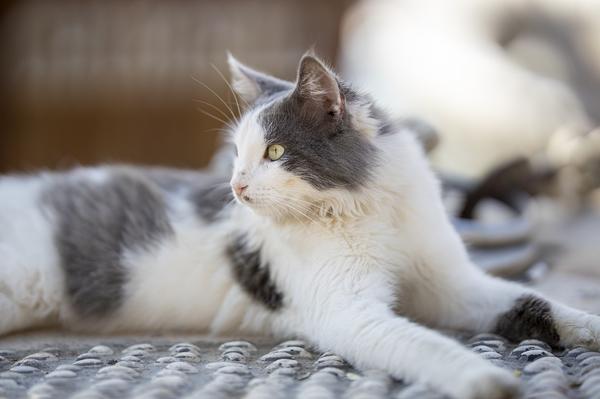
Struggling to figure out why your cat doesn't chew her food and keeps throwing it back up?
Well, brace yourself for the potential consequences.
Imagine this:
You're constantly cleaning up regurgitated meals, dealing with a malnourished feline, and worst of all, living with the constant worry that something serious might be going on. 😔
It's enough to make anyone lose sleep and feel like a helpless pet owner.
But don't despair!
In this guide, I'll reveal the answers you've been searching for.
Let's begin!
Do I Need to Take My Cat to the Vet if They Don't Chew? Is This Harmful?
If your cat refuses to chew her food and frequently vomits, you ought to seek veterinary attention. Not chewing can lead to digestive issues, obstructions, and other underlying health concerns. Don't hesitate to consult a veterinarian for necessary guidance and care.
So, if your cat doesn't chew her food and ends up throwing it up, you might be wondering if a trip to the vet is necessary.
Let me tell you this straight:
Being safe is better than being sorry.
There could be several reasons why your cat isn't chewing her food, and some of them should concern you.
Firstly, keep an eye out for bad breath or swollen gums.
These signs indicate difficulty in chewing.
And hey, if your cat frequently regurgitates food or does so severely, it's definitely time to seek vet attention.
But hold on, there's more!
Vomiting is another red flag that can't be ignored. It's a clear sign that something's not right and calls for a visit to the vet.
You see, not chewing food can have negative effects on your cat's health.
It can lead to indigestion, digestive problems, or even obstructions.
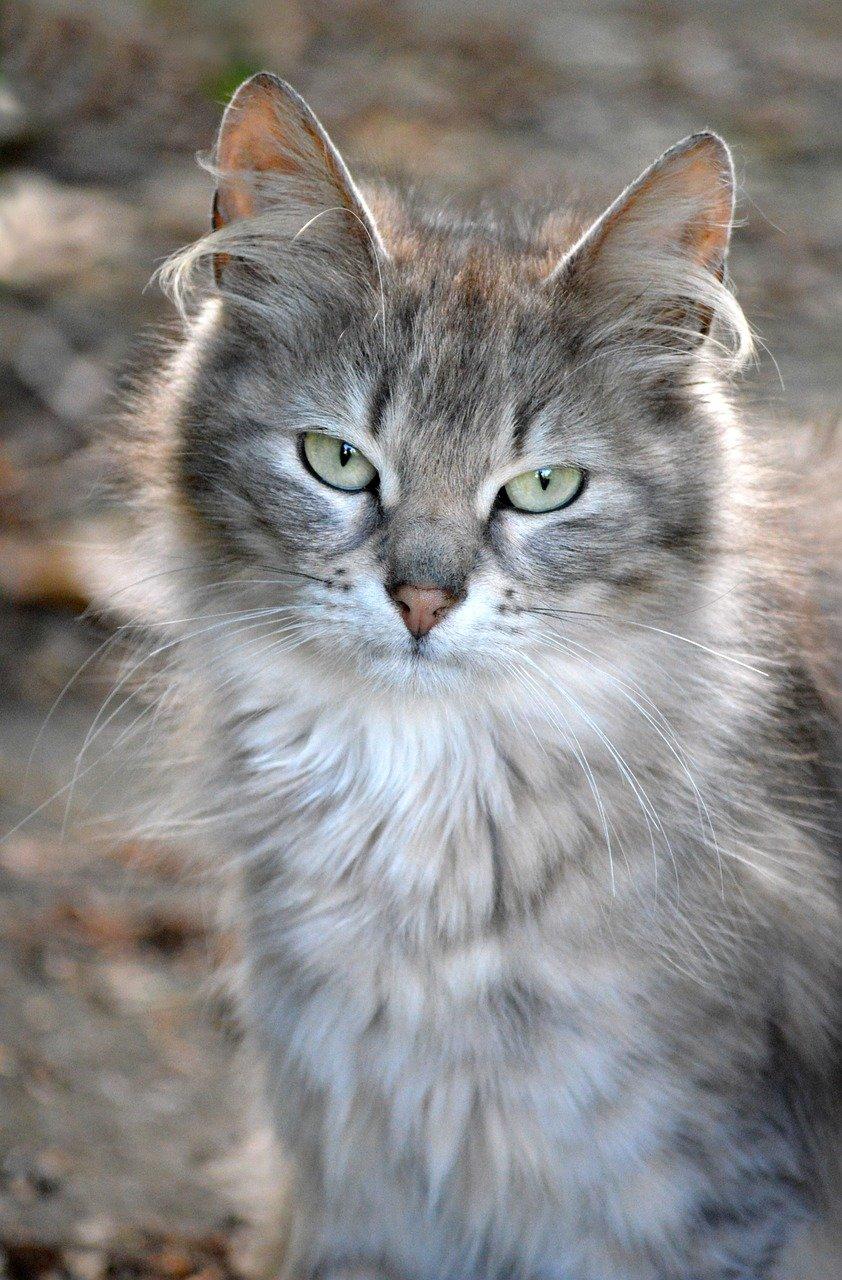
Ouch!
Your cat's aversion to chewing could have various underlying causes.
It could be due to dental issues, gum problems, periodontal disease, physical trauma, tumors, or other medical conditions that make chewing painful or difficult.
In these cases, professional help is a must.
So, what should you do?
If your cat avoids chewing her food and you're unsure about the cause or notice any additional symptoms, don't hesitate—consult with a veterinarian.
They can provide the necessary guidance and care for your cat's well-being.
When it comes to your furry friend's health, you must stay vigilant and take action when needed.
Cats that vomit after eating should always be evaluated by a vet to identify any underlying health concerns.
Stay tuned for the next section where we'll explore possible solutions for your cat's food-related troubles.
But how can you tell if your cat is regurgitating or vomiting?
And what actions should you take for each scenario?
Let me fill you in on all the details!
Cat Vomiting vs. Regurgitation
Knowing the distinction between cat vomiting and regurgitation is crucial, and timing is key:
- Vomiting happens a good while after eating, usually over 30 minutes later.
- Regurgitation, however, occurs within 30 minutes of finishing their meal.
- Rapid consumption or excessive intake can lead to cats regurgitating food, overwhelming their digestive system.
- Regurgitation involves expelling undigested food shortly after eating, without any stomach acid involved.
- Vomiting, though, is a separate process with various underlying causes that may need veterinary attention.
- If your cat consistently regurgitates due to speedy eating, you can try slowing them down by using a puzzle feeder or offering smaller meals throughout the day.
- Identifying underlying health issues contributing to regurgitation is vital, so consult a vet for guidance.
- Proper chewing is essential to prevent regurgitation since cats prone to gulping their food without chewing are more at risk.
- Regurgitation often involves expelling large pieces of food and air through the mouth.
- Always seek veterinary advice if you're unsure whether your cat's symptoms stem from vomiting or regurgitation.
Ensuring the optimal care for your cherished furry friend can be achieved by comprehending these variations. 😺
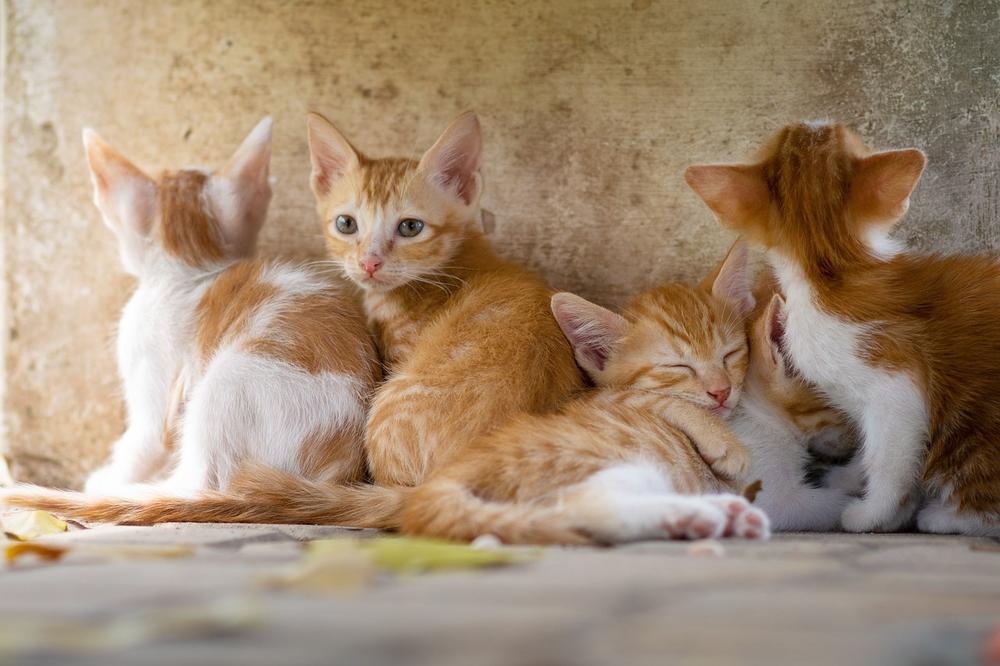
Now that we understand the difference between cat vomiting and regurgitation, let's dive into a potential cause for your feline friend's undigested food expulsion.
You'll never believe how tooth and gum disease can play a role in this!
Trust me, it's something you'll definitely want to know about if you're concerned about your cat's well-being...
Why Do Cats Throw Up Undigested Food?
Tooth and gum disease, quite possibly the culprit behind your cat's episodes of hurling undigested food.
When dental pain strikes, swallowing without proper chewing becomes the norm, ultimately leading to the expulsion of food in its original form. The solution?
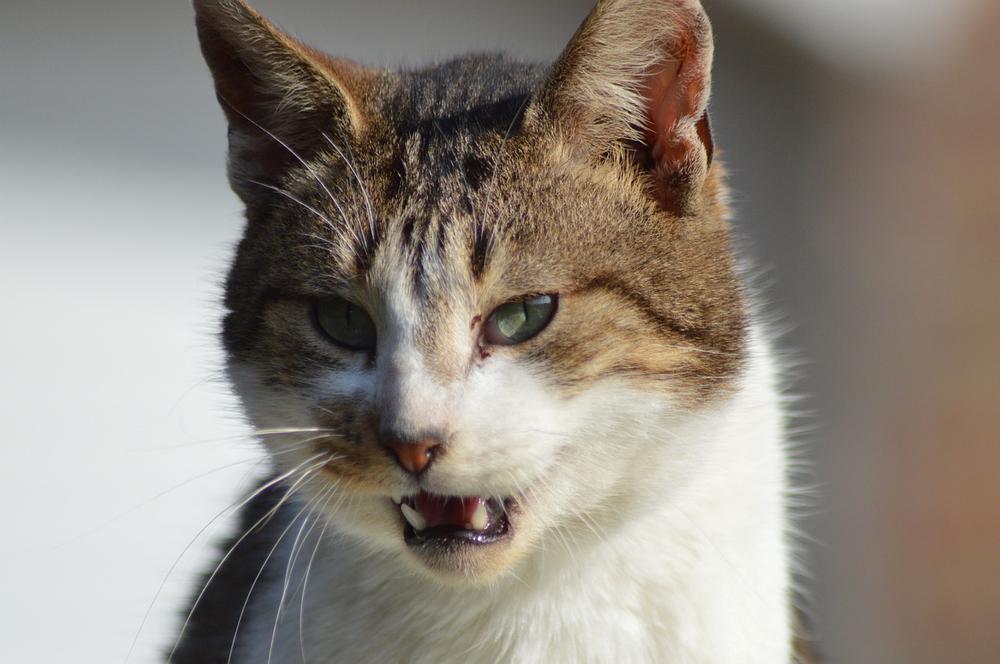
Swap out dry kibble for moist morsels.
Wet food is a gastronomic godsend, digestible with ease and less likely to provoke regurgitation or choking hazards.
Serve your feline friend wet sustenance, for it guarantees that their meal will harmoniously disintegrate within their stomach, dramatically stifling the odds of revisiting yesterday's leftovers at an inopportune moment.
Does Swallowing Food Whole Cause Vomiting in Cats?
Swallowing food without chewing can make your cat puke.
Let me give it to you straight.
Cats have a special digestive system, different from ours.
They're meat-loving creatures with unique eating behaviors.
When they guzzle down chunks of food without chewing, it can cause discomfort in their stomach.
And it gets even worse...
Eating too quickly or too much can lead to throwing up, irritation in the throat, bloating, and even obesity over time.
Stress or changes in routine may make your cat scarf down their food with reckless speed, only to barf up undigested kibble later.
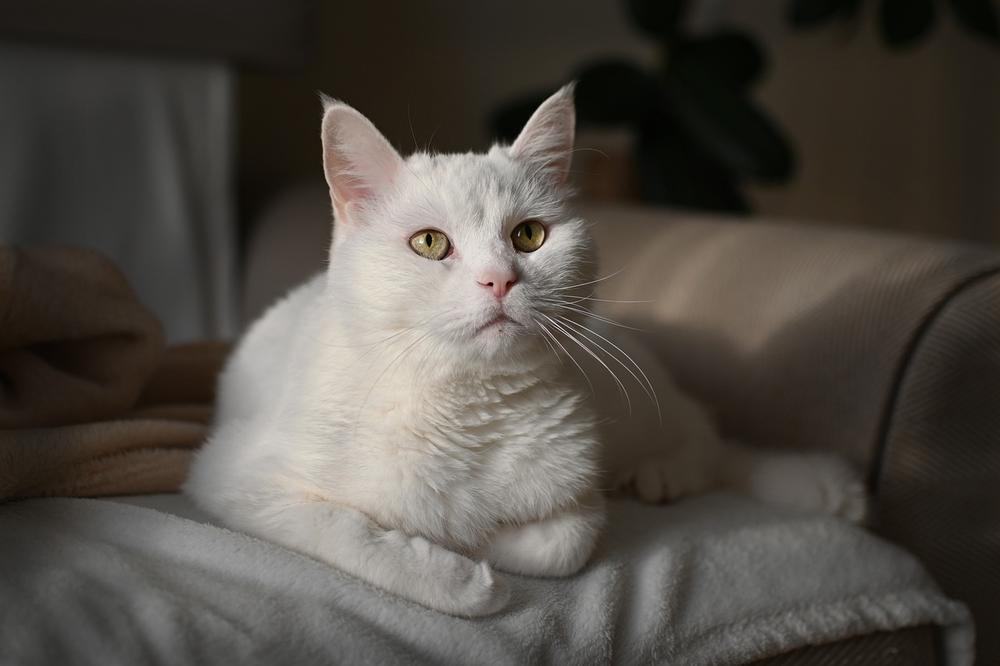
So what do you need to do?
Pay attention to how your cat eats.
Help them slow down and think before chowing down.
Maybe try using toys that make feeding time longer or feed them smaller portions by hand. Anything to make 'em take their time!
Happy and healthy cats chew their food properly before swallowing.
I highly recommend checking out my article on how to clean your house if your cat has worms.
With their unique eating behaviors, cats may vomit if they swallow food whole.
But it's essential to also tackle potential health issues like worms.
Discover effective solutions and answers in my blog post, My Cat Has Worms How Do I Clean My House.
Treatment Options for Cats Throwing Up Food
Slow feeding methods can reduce regurgitation
If your cat keeps throwing up food, you can try using specialized bowls or puzzle feeders. These help slow down your cat's eating speed and make mealtime more enjoyable for them. Another option is using an automatic feeder that dispenses food at intervals, preventing your cat from gobbling it all up too quickly.
Incorporating wet food into the diet can aid digestion
To help prevent your cat from vomiting their food, consider adding wet food to their meals.
Wet food has a higher water content, making it easier for cats with sensitive stomachs to digest.
It also helps keep your cat hydrated, especially if they are older.
By giving them wet food, you're providing a softer and more easily digestible option that reduces the chances of regurgitation.
Addressing eating speed and chewing issues
If your cat tends to eat too fast or doesn't chew properly, there are a few things you can try.
Using slow feeding bowls or puzzle feeders can naturally slow down their eating speed and encourage better chewing habits. You can also explore sensitive diets made specifically for cats with sensitive stomachs. These diets contain gentle ingredients that lessen the likelihood of your cat throwing up their food.
Creating separate areas for rest, play, eating, and using the litter tray can also help reduce stress during mealtimes.
Cats feel more comfortable when they have designated spaces for different activities.
Lastly, if you're still facing difficulties, seeking advice from an ethologist, who specializes in animal behavior, can provide further guidance. Keep in mind that various factors can affect your cat's eating behavior, such as stress, perception issues, and competition with other pets.
Understanding these factors and making necessary adjustments will improve your cat's food consumption and minimize throwing up episodes.
And here's another useful tip to address the issue of cats not chewing their food and throwing up - adding obstacles to the food dish!
How to Teach a Cat to Chew
Teaching a cat to chew its food is tough.
Cats naturally gulp down their meals because their teeth and instincts are about eating meat.
But you can try a few things to get your cat to chew.
- Put stuff in the way of their food. Like toys or raised surfaces, so they can't eat too fast. This will make them chew more.
- Don't give big treats or kibble that could choke them. Cats in the wild eat small prey, so feed them small-sized food like that.
- Dry food needs breaking up or it could be a choking hazard. Cat teeth aren't for chewing, just tearing meat. Get cat food made for small mouths.
- Maybe put rocks or golf balls in their dish. Or, buy a special bowl with raised parts to encourage chewing.
- Use toys that release food, like balls or dishes with mazes. Your cat has to work for its meal and slows down its eating.
You can improve your cat's eating habits by engaging in these activities.
But if they still struggle to chew or seem uncomfortable when eating, talk to a vet.
The Truth About Cats and Food Vomiting
Key Takeaways:
- If your cat regurgitates food frequently or severely, seek veterinary attention.
- Vomiting should always be a cause for concern and require a vet visit.
- Not chewing food could be caused by dental issues or other ailments.
- Consult with a veterinarian if your cat is not chewing its food or experiencing other symptoms.
- Regurgitation occurs when cats eat too quickly or in excessive amounts.
- Vomiting in cats has various causes and requires veterinary examination.
- Wet food is easier to digest and less likely to cause regurgitation or choking.
- Eating too fast or too much can lead to negative consequences for cats.
- Treatment options include slow feeding methods, incorporating wet food, and trying sensitive diets.
- Cats are inclined to swallow food without chewing, but precautions should be taken to prevent choking.
And that wraps up today's article.
If you wish to read more of my useful articles, I recommend you check out some of these: Cats Hair Falling Out in Clumps, Is Bromeliad Toxic to Cats, What Is Cat Whisker Fatigue or Stress, Do Cats Breathe Faster When Purring, and Can Cats Eat Spider Plants
Talk soon,
-Sarah Davis